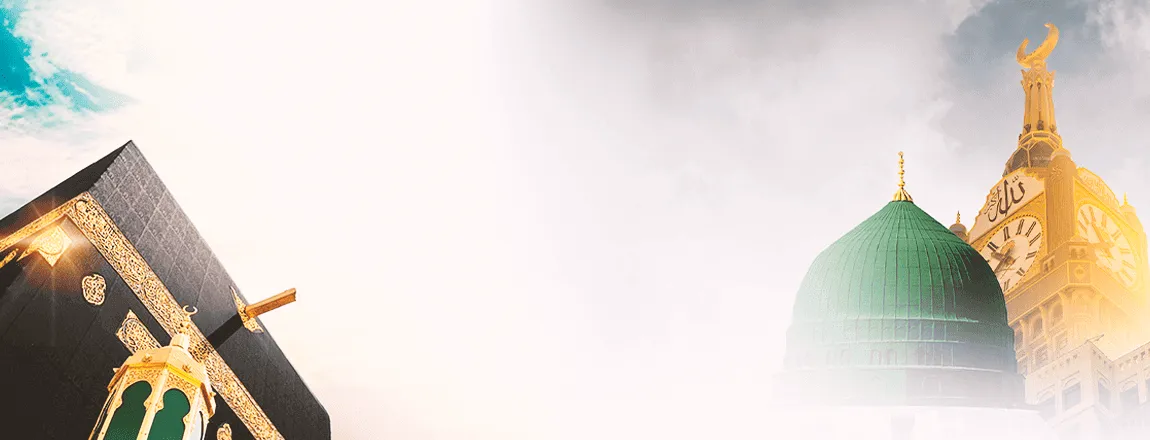
The Prevention of Infections:
In situations where there are throngs of people, infections are easy and bound to spread. Germs spread by droplets from our mouth as we talk or when we cough or sneeze particularly if phlegm is present, or by direct sharing a cup, fork, spoon, etc.
Germs also spread through the faecal-oral route, as in the case of diarrhoea or hepatitis A and gastro-enteritis. Protect your children, as they are the ones who come closest to parents. Cover your mouth properly before you cough so as not to spread the infection more. The unclean act of spitting phlegm onto the footpath is a sure way of spreading germs! Signs that explain that spitting on floors is completely prohibited are stuck on walls in all Muassasah's offices. Huge open bins are situated in strategic places for those that would like to spit. Rather there than on the floor or pavement. Thorough washing of hands with soap helps extremely in preventing the spread of all kind of infections.
Avoid close contact with those people who are ill. Visit them by all means but making some distance. Spend as slight time as possible with the ill person. Use a mask if essential.
If you are ill and are lucky enough to have a visitor, protect your visitor by staying a suitable distance away.
People who are ill must try not to mix with those people who are well. In this way there is a danger the illness can be contained. If you experience from any condition which results in decreased immunity like, following chemo-therapy then please use a mask. Avoid people who are sick. Avoid crowded circumstances. If you require an antibiotic, please consult a Doctor there to get the most suitable antibiotic at the correct dose
Skin Care:
Because of the scorching, harsh, dry weather conditions that can be encountered, dryness of the skin can become a trouble. Going from a moist climate to dry conditions will have a major impact on the skin. The skin will not have the time essential to acclimatise. Cracking of the skin is general. If this happens on the feet, it can cause deep fissures resulting in discomfort and pain with the possibility of severe infection developing. This is especially significant for diabetics. A superior moisturizer applied 2 or 3 times a day starting as soon as possible after arrival in Saudi Arabia will help the skin keep moisture and gradually acclimatise. The moisturizer must not be expensive. A good heel balm would be perfect. To allow the feet to keep the moisture in the skin, it may be essential to wear a pair of socks to avoid the evaporation of water. Extra care must be paid to the feet, as performing Hajj and Umrah with painful feet would add a needless burden.